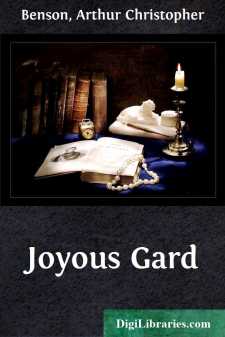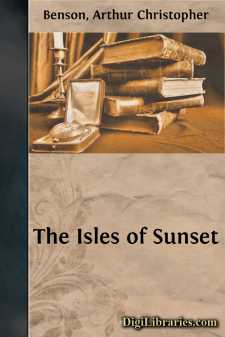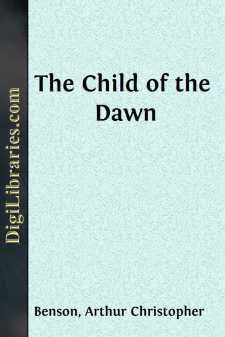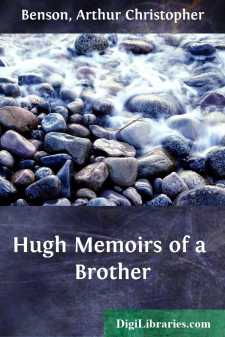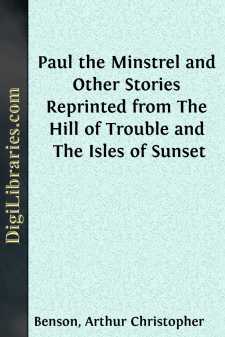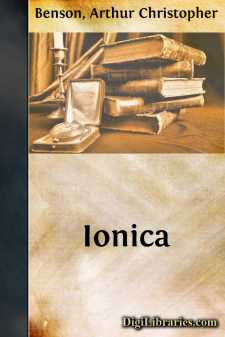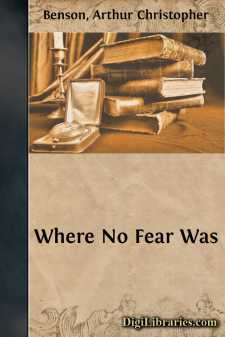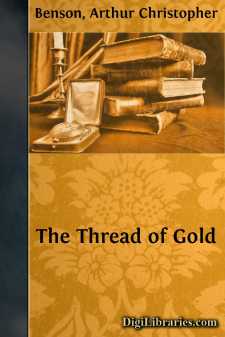Categories
- Antiques & Collectibles 13
- Architecture 36
- Art 48
- Bibles 22
- Biography & Autobiography 813
- Body, Mind & Spirit 142
- Business & Economics 28
- Children's Books 17
- Children's Fiction 14
- Computers 4
- Cooking 94
- Crafts & Hobbies 4
- Drama 346
- Education 46
- Family & Relationships 57
- Fiction 11829
- Games 19
- Gardening 17
- Health & Fitness 34
- History 1377
- House & Home 1
- Humor 147
- Juvenile Fiction 1873
- Juvenile Nonfiction 202
- Language Arts & Disciplines 88
- Law 16
- Literary Collections 686
- Literary Criticism 179
- Mathematics 13
- Medical 41
- Music 40
- Nature 179
- Non-Classifiable 1768
- Performing Arts 7
- Periodicals 1453
- Philosophy 64
- Photography 2
- Poetry 896
- Political Science 203
- Psychology 42
- Reference 154
- Religion 513
- Science 126
- Self-Help 84
- Social Science 81
- Sports & Recreation 34
- Study Aids 3
- Technology & Engineering 59
- Transportation 23
- Travel 463
- True Crime 29
Joyous Gard
Categories:
Description:
Excerpt
PREFACE
It is a harder thing than it ought to be to write openly and frankly of things private and sacred. "Secretum meum mihi!"—"My secret is my own!"—cried St. Francis in a harrowed moment. But I believe that the instinct to guard and hoard the inner life is one that ought to be resisted. Secrecy seems to me now a very uncivilised kind of virtue, after all! We have all of us, or most of us, a quiet current of intimate thought, which flows on, gently and resistlessly, in the background of our lives, the volume and spring of which we cannot alter or diminish, because it rises far away at some unseen source, like a stream which flows through grassy pastures, and is fed by rain which falls on unknown hills from the clouds of heaven. This inner thought is hardly affected by the busy incidents of life—our work, our engagements, our public intercourse; but because it represents the self which we are always alone with, it makes up the greater part of our life, and is much more our real and true life than the life which we lead in public. It contains the things which we feel and hope, rather than what we say; and the fact that we do not speak our inner thoughts is what more than anything else keeps us apart from each other.
In this book I have said, or tried to say, just what I thought, and as I thought it; and since it is a book which recommends a studied quietness and a cheerful serenity of life, I have put my feelings to a vigorous test, by writing it, not when I was at ease and in leisure, but in the very thickest and fullest of my work. I thought that if the kind of quiet that I recommended had any force or weight at all, it should be the sort of quiet which I still could realise and value in a life full of engagements and duties and business, and that if it could be developed on a background of that kind, it might have a worth which it could not have if it were gently conceived in peaceful days and untroubled hours.
So it has all been written in spaces of hard-driven work, when the day never seemed long enough for all I had to do, between interruptions and interviews and teaching and meetings. But the sight and scent that I shall always connect with it, is that of a great lilac-bush which stands just outside my study window, and which day by day in this bright and chilly spring has held up its purple clusters, overtopping the dense, rich, pale foliage, against a blue and cloudless sky; and when the wind has been in the North, as it has often been, has filled my room with the scent of breaking buds. How often, as I wrote, have I cast a sidelong look at the lilac-bush! How often has it appeared to beckon me away from my papers to a freer and more fragrant air outside! But it seemed to me that I was perhaps obeying the call of the lilac best—though how far away from its freshness and sweetness!—if I tried to make my own busy life, which I do not pretend not to enjoy, break into such flower as it could, and give out what the old books call its 'spicery,' such as it is....


